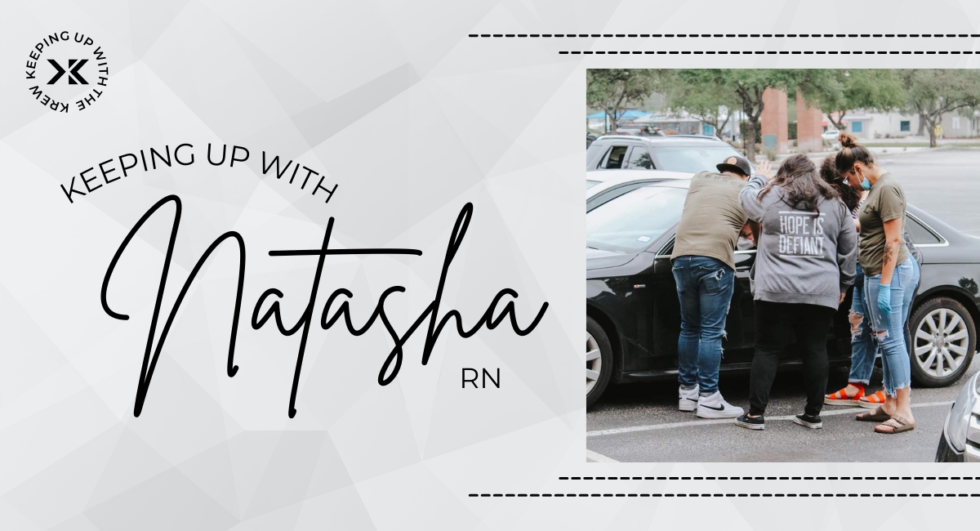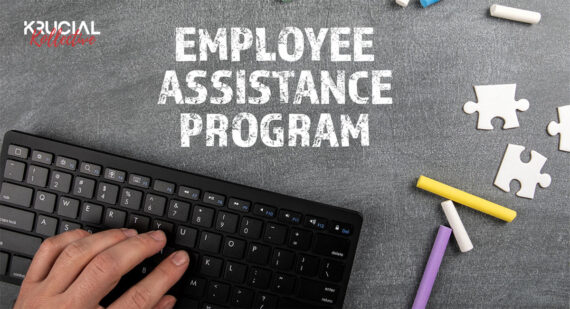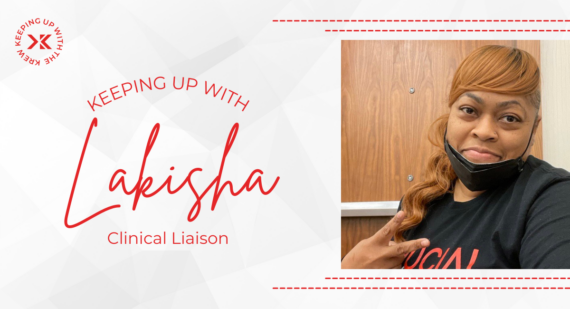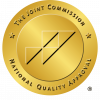
Keeping Up with the Krew: Natasha
By: Courtney Holmes
When Natasha originally heard about Krucial Rapid Response, she thought there was no way it was real. After doing research on Krucial and seeing nurses on the news in distress, she became overwhelmed with thoughts about going to help, “there is no way I can sit here.” She started praying about leaving Texas to go help New York, discerning what she should do. After making the decision to try to deploy, she called on an activation day, getting through the phone lines in 15 minutes.
Natasha remembers the fear of the unknown as she packed her bags for deployment. She thought about how she would be going to New York alone and had never left her family for a long period of time. Natasha also had never seen a COVID-positive patient at that point and with no clear treatment for COVID yet, she did her best to remember the reason for leaving in the first place – to help others during their greatest time of need.
“I remember asking [Krucial] if I could go on that Monday because I just wasn’t sure if I was going to come back to my family and I wanted to spend Easter with them, ” said Natasha.
What she didn’t know is that her husband went to work to surprise her that Easter Sunday.
Friends, family, and news media showed up to send Natasha off to New York. They made posters the night before, forming a gigantic parade caravan to say goodbye.
“I’m standing there crying because I didn’t know any of this was happening,” Natasha recalled. “They got a bunch of pictures of me ugly crying because I just wasn’t sure, I was supposed to be gone for 21 days and I had never been away from my kids for that long. But I ended up being gone for 3 months. The whole experience changed my life.”
When Natasha got to New York, she had one day of orientation before she was on the floor helping patients. Due to the fast nature of emergency deployment, she found solace in those who were on the floor with her.
“There’s a group of us that are like family now because all we had was each other who knew and understood what was going on,” recalled Natasha. “We heavily relied on each other for support.”
On her deployment, there was a lot to figure out. Scientists and doctors were figuring out how to treat COVID. Emergency managers were trying to navigate the vast quantities of staff entering the hospitals due to staff members getting sick at a rapid pace. In the chaos of this deployment, Natasha credits her husband’s perspective with getting her through rough moments.
“I definitely cried a lot. I remember calling my husband, and I was like ‘I can’t do this.’ He responded, ‘You can do this! Understand that you’re a tiny percentage of nurses that volunteered to do this.’ He said, ‘If you need to come home, you are still our hero no matter what.’ I don’t see myself that way; I see myself as a nurse. That’s just what we do. All hands on deck, no questions asked, we go,” said Natasha.
Throughout her deployment, she documented her bus rides to and from the hospital, and any tiny moments she could. She wanted to let her friends and family know she is doing okay, offering a small glimpse into life on deployment.
“It was one of the hardest times of my career, for sure. I definitely questioned if I should be a nurse anymore in the beginning, and then it ended up being one of the best things I had ever done,” said Natasha.
Want to nominate someone to be featured? Please reach out to us at social_media@krucialrr.org.
“They got a bunch of pictures of me ugly crying because I just wasn't sure, I was supposed to be gone for 21 days and I had never been away from my kids for that long. But I ended up being gone for 3 months. The whole experience changed my life.”
Natasha, RN




